Petition signed
Before you leave…
Two MPs, Diana Johnson and Stella Creasy have tabled amendments to the Criminal Justice Bill that would make extreme changes to our abortion laws.
Both amendments would make it more likely that healthy babies are aborted at home for any reason, up to birth. Please take 30 seconds to:
Ask your MSPs to stop abortion up to birth being introduced in Scotland
Ask your MSPs to stop abortion up to birth being introduced in Scotland
Thank you, your email has been sent to your {target} for
Join the many who have already contacted their MSPs

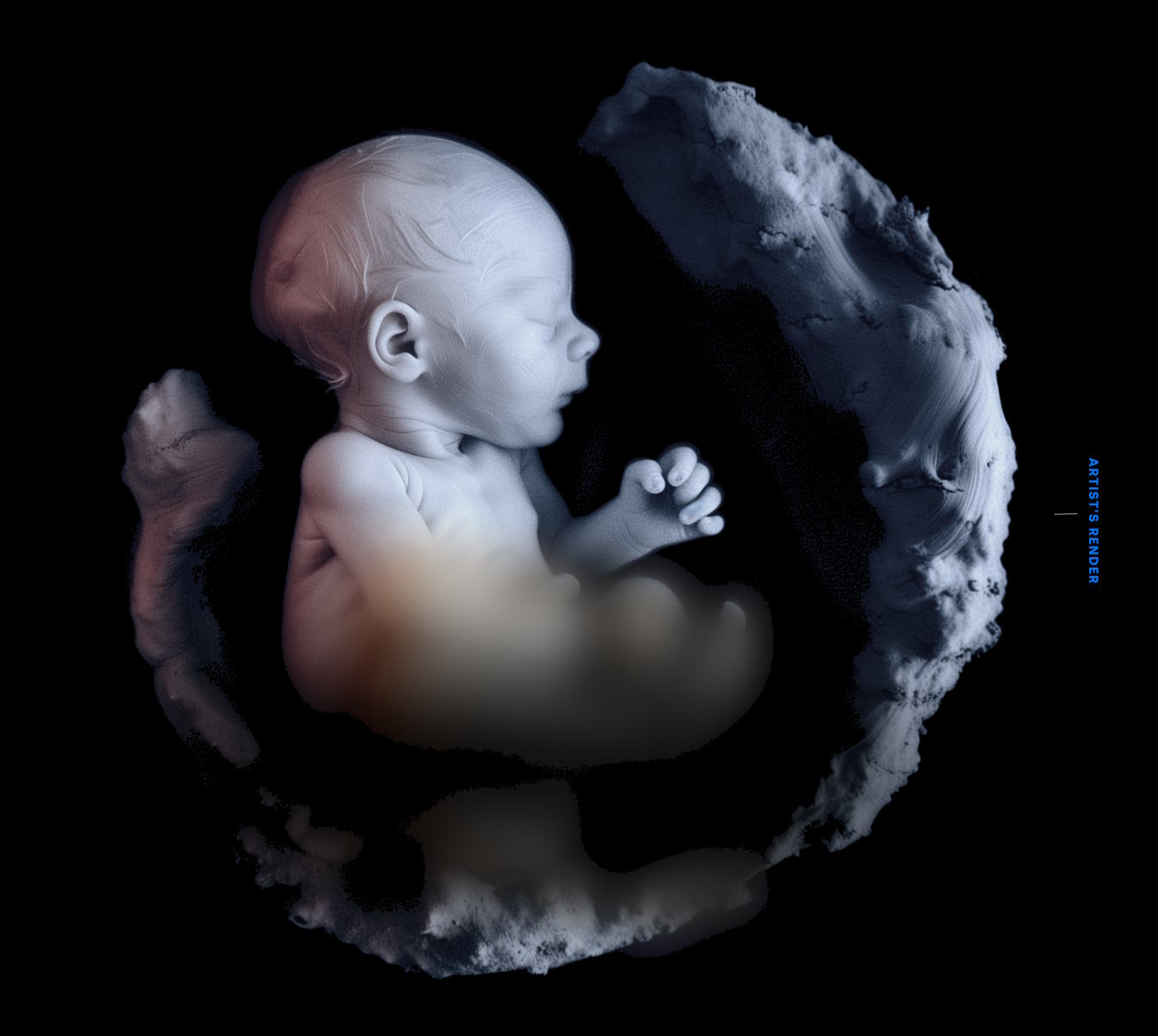
The campaign to stop abortion up to birth
The proposed change to the law to introduce abortion up to birth in Scotland
8 reasons why abortion up to birth needs to be opposed
take action
The proposed change to the law to introduce abortion up to birth in Scotland
A review of abortion law in Scotland commissioned by Humza Yousaf when he was Scottish First Minister, and undertaken by a group chaired by a former trustee of the UK’s largest abortion provider, has recommended that Scotland scrap the 24-week abortion time limit and allow abortions on social grounds, including for sex-selective purposes, right up to birth.
Abortion on social grounds, including sex-selective purposes, right up to birth in Scotland
In Scotland, 98% of the 18,710 abortions performed in 2024 were done so under section 1(1)(a) of the Abortion Act, which is interpreted by abortion providers to allow abortions to happen for social reasons.
There is currently a 24-week limit on section (1)(1)(a), which means that abortions for social reasons cannot happen after 24 weeks.
The review’s report recommends that this 24-week limit be scrapped, and social abortions be allowed right through to birth.
Between 24 weeks and birth, two healthcare professionals (this is not limited to doctors, it could include nurses, midwives or others unspecified by the report) would decide if an abortion were “appropriate” (page 9). The subjective definition of “appropriate” includes considering a woman’s current or even future “social circumstances” (page 9, point 5.2.C). Pro-abortion healthcare professionals could approve abortions at full term on purely social grounds – and they would not have to document them.
The report also recommends that there be no specified grounds for abortion up to 24 weeks (page 9, point 3), making abortion lawful for any reason, which means that sex-selective abortions would become legal – the report specifically suggests “that no specific reference is made to sex-selective abortion within any updated abortion legislation” (page 9, point 6) – preventing provisions being added to legislation to prevent sex-selective abortion.
In Scotland, 98% of the 18,710 abortions performed in 2024 were done so under section 1(1)(a) of the Abortion Act, which is interpreted by abortion providers to allow abortions to happen for social reasons.
There is currently a 24-week limit on section (1)(1)(a), which means that abortions for social reasons cannot happen after 24 weeks.
The review’s report recommends that this 24-week limit be scrapped, and social abortions be allowed right through to birth.
These proposals would scrap the current 24-week time limit for abortion – and abortion would be available on social grounds, including sex-selective purposes, up to birth in Scotland.
Unborn babies could legally have their lives ended by an abortion throughout all nine months of pregnancy – right up to when they are about to be born.
This would leave Scotland with one of the most extreme abortion laws in the world.
The change would position Scotland drastically away from the European Union, where the most common abortion time limit among EU countries is 12 weeks.
The proposed law change would also likely lead to an increased number of viable babies’ lives being ended well beyond the 24-week abortion time limit and beyond the point at which they would be able to survive outside the womb.
Between 24 weeks and birth, two healthcare professionals (this is not limited to doctors, it could include nurses, midwives or others unspecified by the report) would decide if an abortion were “appropriate” (page 9). The subjective definition of “appropriate” includes considering a woman’s current or even future “social circumstances” (page 9, point 5.2.C). Pro-abortion healthcare professionals could approve abortions at full term on purely social grounds – and they would not have to document them.
The report also recommends that there be no specified grounds for abortion up to 24 weeks (page 9, point 3), making abortion lawful for any reason, which means that sex-selective abortions would become legal – the report specifically suggests “that no specific reference is made to sex-selective abortion within any updated abortion legislation” (page 9, point 6) – preventing provisions being added to legislation to prevent sex-selective abortion.
These proposals would scrap the current 24-week time limit for abortion – and abortion would be available on social grounds, including sex-selective purposes, up to birth in Scotland.
Unborn babies could legally have their lives ended by an abortion throughout all nine months of pregnancy – right up to when they are about to be born.
This would leave Scotland with one of the most extreme abortion laws in the world.
The change would position Scotland drastically away from the European Union, where the most common abortion time limit among EU countries is 12 weeks.
The proposed law change would also likely lead to an increased number of viable babies’ lives being ended well beyond the 24-week abortion time limit and beyond the point at which they would be able to survive outside the womb.
Major conflict of interest
The report was commissioned by the Scottish Government and undertaken by the Abortion Law Review Expert Group, which was chaired by a former trustee of the UK’s largest abortion provider.
The group consisted of 13 individuals, the majority of whom have either been on the board of or worked for the UK’s largest abortion provider, BPAS, or have a history of pro-abortion campaigning, including BPAS’ current Head of Advocacy.
BPAS have made it explicit that they are campaigning to remove all gestational time limits for abortion.
The report was commissioned by the Scottish Government and undertaken by the Abortion Law Review Expert Group, which was chaired by a former trustee of the UK’s largest abortion provider.
The group consisted of 13 individuals, the majority of whom have either been on the board of or worked for the UK’s largest abortion provider, BPAS, or have a history of pro-abortion campaigning, including BPAS’ current Head of Advocacy.
BPAS have made it explicit that they are campaigning to remove all gestational time limits for abortion.
This position was affirmed by their then CEO, Ann Furedi, who at the launch of the campaign to ‘decriminalise’ abortion stated, “I want to be very, very clear and blunt … there should be no legal upper limit”.
It is grossly inappropriate for the Scottish Government to have placed abortion providers such as BPAS at the heart of this group. These abortion providers stand to benefit from changes that would largely remove their own criminal liability, broaden who can perform abortions and where they can take place, and reduce oversight, data collection and scrutiny.
This position was affirmed by their then CEO, Ann Furedi, who at the launch of the campaign to ‘decriminalise’ abortion stated, “I want to be very, very clear and blunt … there should be no legal upper limit”.
It is grossly inappropriate for the Scottish Government to have placed abortion providers such as BPAS at the heart of this group. These abortion providers stand to benefit from changes that would largely remove their own criminal liability, broaden who can perform abortions and where they can take place, and reduce oversight, data collection and scrutiny.
Scottish taxpayers are funding the organisation running the campaign to introduce abortion up to birth
The release of the report closely follows more than 30 organisations, including abortion provider BPAS, supported by Green MSP, Gillian Mackay, launching a major campaign to scrap the 24-week abortion time limit and make abortion up to birth legal in Scotland.
A taxpayer-funded organisation, Engender, is running the campaign to make abortion legal up to birth. They are not hiding this – it is clearly outlined on the campaign website in a number of locations.
A review of Engender’s latest accounts reveals that 98% of their funding came from the Scottish Government and that over the last three years, they have received over £1.3 million from the Scottish Government – receiving over half a million pounds in the latest year alone. This represents an over 250% increase in income from the Scottish Government compared to the year ended 31 March 2016.
The release of the report closely follows more than 30 organisations, including abortion provider BPAS, supported by Green MSP, Gillian Mackay, launching a major campaign to scrap the 24-week abortion time limit and make abortion up to birth legal in Scotland.
A taxpayer-funded organisation, Engender, is running the campaign to make abortion legal up to birth. They are not hiding this – it is clearly outlined on the campaign website in a number of locations.
A review of Engender’s latest accounts reveals that 98% of their funding came from the Scottish Government and that over the last three years, they have received over £1.3 million from the Scottish Government – receiving over half a million pounds in the latest year alone. This represents an over 250% increase in income from the Scottish Government compared to the year ended 31 March 2016.
There are over 30 other organisations that are working on the campaign, many of which receive Government funding from the Scottish and UK Governments, funding that runs into the hundreds of millions of pounds over the last ten years.
It is shocking that any individual or organisation in Scotland is calling for abortion to be made legal right through to birth – and beyond belief that the lead organisation running the campaign, and many of the others supporting it, are receiving millions of taxpayer pounds from the Scottish and UK Governments.
There are over 30 other organisations that are working on the campaign, many of which receive Government funding from the Scottish and UK Governments, funding that runs into the hundreds of millions of pounds over the last ten years.
It is shocking that any individual or organisation in Scotland is calling for abortion to be made legal right through to birth – and beyond belief that the lead organisation running the campaign, and many of the others supporting it, are receiving millions of taxpayer pounds from the Scottish and UK Governments.
8 reasons
why abortion up to birth needs to be opposed
Reason 1
Abortion right up to and during birth
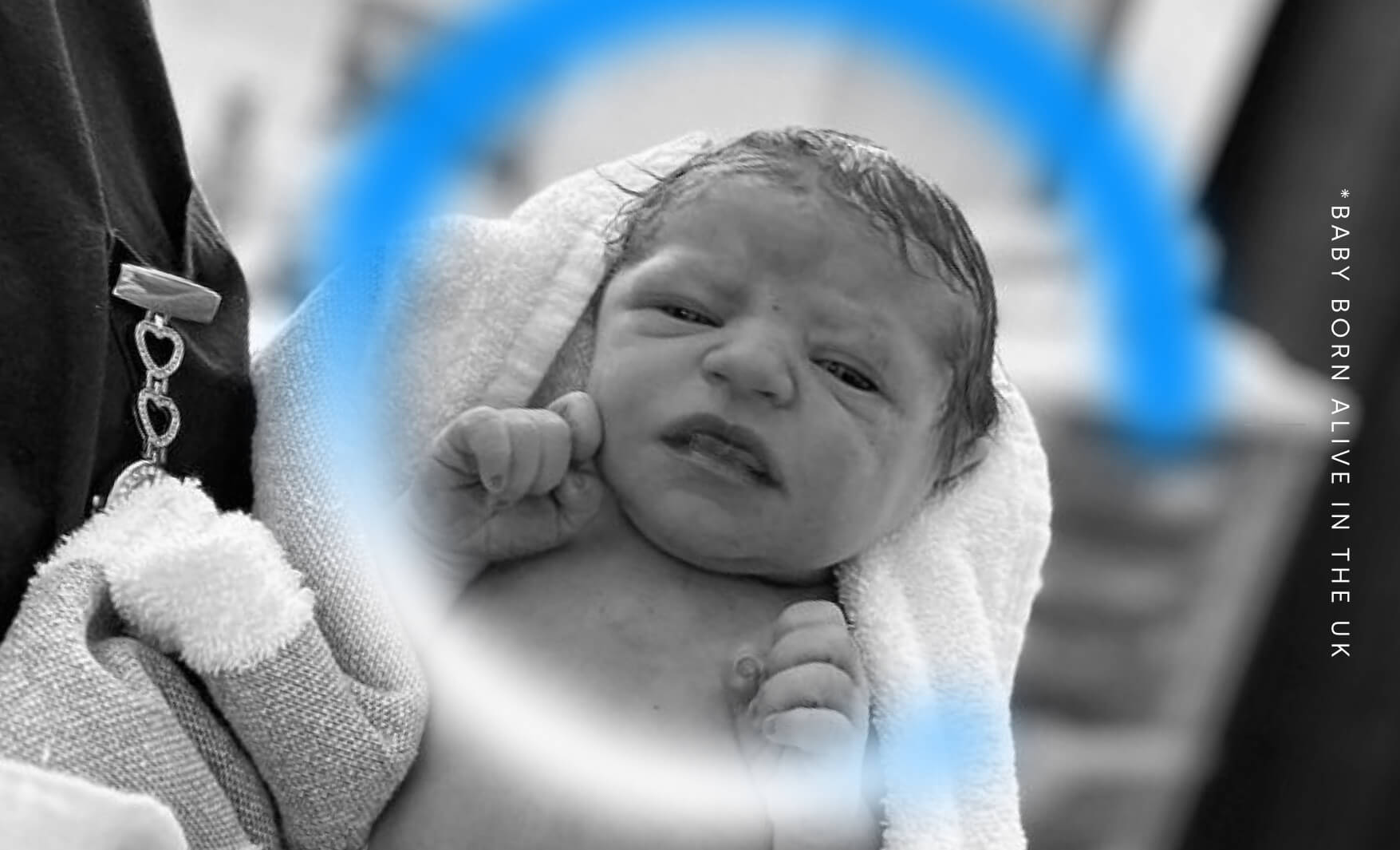
The proposed change in the law would scrap the current 24-week time limit for abortion – and abortion would become available on social grounds up to birth in Scotland.
In Scotland, 98% of the 18,710 abortions performed in 2024 were done so under section 1(1)(a) of the Abortion Act, which is interpreted by abortion providers to allow abortions to happen for social reasons.
There is currently a 24-week limit on section (1)(1)(a), which means that abortions for social reasons cannot happen after 24 weeks.
The report recommends that this 24-week limit be scrapped, and social abortions be allowed right through to birth.
Between 24 weeks and birth, the report proposes that two healthcare professionals (this is not limited to doctors, it could include nurses, midwives or others unspecified by the report) would decide if an abortion was “appropriate” (page 9). The subjective definition of “appropriate” includes considering a woman’s current or even future “psychological and social circumstances” (page 9, point 5.2.C). The inclusion of social circumstances means that pro-abortion healthcare professionals could approve abortions at full term on purely social grounds – and they would not have to document them. Similarly, the inclusion of “psychological” circumstances is very similar to the current mental health grounds in the Abortion Act, currently restricted to before 24 weeks, which is interpreted by abortion providers to allow abortion on demand.
This change in law would scrap the current 24-week time limit for abortion – and abortion would become available on demand on social grounds, up to birth, in Scotland.
Unborn babies could legally have their lives ended through an abortion throughout all nine months of pregnancy – right up to when they are about to be born.
The change would position Scotland drastically away from the European Union, where the most common abortion time limit among EU countries is 12 weeks.
This proposal is an extreme, inhumane and divisive change to our abortion laws in Scotland that is not supported by the vast majority of the public.
Polling undertaken by ComRes, which has undertaken polls for the BBC, ITV, The Independent and Sky News, found that only 1% of women support introducing abortion up to birth and 70% of women would support a reduction in the time limit from 24 weeks to 20 weeks or below. 91% of women also oppose sex-selective abortion.
Reason 2
Sex-selective abortion would become legal

Sex-selective abortion usually targets baby girls due to a preference among certain parents and some cultures for having sons.
The UK Government maintains that, under current legislation in England, Wales and Scotland, abortion on the grounds of the sex of the baby is illegal because it is “not one of the lawful grounds for termination of pregnancy” set out in the Abortion Act (which stipulates that abortion can only be performed under specific grounds).
The report recommends that there be no specified grounds for abortion up to 24 weeks (page 9, point 3), making abortion lawful for any reason, which means that sex-selective abortions would become legal.
Between 24 weeks and birth, two healthcare professionals (this is not limited to doctors, it could include nurses, midwives or others unspecified by the report) would decide if an abortion was “appropriate” (page 9). The subjective definition of “appropriate” includes considering a woman’s current or even future “social circumstances” (page 9, point 5.2.C). Healthcare professionals could approve abortions at full-term on purely social grounds – including sex-selective purposes – and they would not have to document them.
The report also specifically states “that no specific reference is made to sex-selective abortion within any updated abortion legislation” (page 9, point 6) – preventing provisions from being added to legislation to prevent sex-selective abortion.
Women are opposed to legalising sex-selective abortion. Polling undertaken by ComRes found that 91% of women oppose sex-selective abortion.
Reason 3
A number of other key safeguards would be removed

The report recommends making a number of other changes that would have troubling consequences and remove key safeguards:
-
There would be no legal requirement for abortion to take place under the care of a doctor
The report recommends that “any appropriately trained registered healthcare professional should be able to provide abortion care at all gestations”.
The Abortion Act requires that an abortion take place under the care of a registered medical practitioner (qualified doctor) who leads or directs the abortion process. Without this safeguard, healthcare assistants, nurses, and pharmacists could carry out abortions without the involvement of a qualified doctor.
-
Health professionals who conscientiously object to performing abortions would have their rights curbed
Section 4 of the Abortion Act protects healthcare professionals who conscientiously object to participating in providing an abortion.
The report recommends removing some of the protections for doctors and other healthcare professionals by forcing healthcare professionals who conscientiously object to abortion to refer on to an abortion provider who will provide the abortion (a ‘duty of referral’).
For example, a doctor or midwife could be approached by a woman who is 32 weeks pregnant and wants an abortion on social grounds under the proposed new law. They would be forced to refer that patient to an abortion provider who would perform that abortion at a very late stage in pregnancy, well beyond the current 24-week time limit.
That health professional would have no right in law to opt out of being involved with the process by making that referral so that the baby’s life could be ended by another abortion provider at 32-weeks gestation.
By removing this safeguard, doctors and other healthcare professionals could be forced into choosing to be complicit in the abortion process by having to refer or leave their profession.
-
Potential for Scotland to become the “late term and sex-selective abortion tourism capital of the world”
Some commentators describe travel to countries with fewer abortion safeguards as “abortion tourism”.
If the proposed changes become law, Scotland would have one of the most extreme abortion laws in the world – with a different time limit from across the border in England and Wales (24 weeks), and many EU countries, where the most common abortion time limit among EU countries is 12 weeks.
This could lead to women travelling from England, Wales, around Europe and from elsewhere globally to get abortions for sex-selective purposes and at a very late gestation in Scotland – potentially making Scotland the “late term and sex-selective abortion tourism capital of the world”.
-
Potential for scandal-ridden private abortion providers to move into the Scottish abortion “market”
There are currently no private abortion providers operating in Scotland, with abortions taking place in NHS hospitals.
The potential for a large increase in demand for expensive late-term abortions, sex-selective abortions and removal of safeguards which could lower the costs of providing abortions at all stages of pregnancy, could attract private abortion providers to move into the Scottish abortion “market” – either private providers from England and Wales, or abroad.
In England and Wales, there have been a number of scandals at the two major private abortion providers, MSI Reproductive Choices (formerly Marie Stopes) and BPAS.
BPAS are a member of the campaign to introduce abortion up to birth in Scotland, and a number of the members of the expert group behind the review have either been on the board of or worked for the UK’s largest abortion provider, BPAS.
Further details covering some of the scandals that have occurred at these abortion providers are outlined here.
Reason 4
Polling shows the vast majority of the public does not support introducing abortion up to birth or sex-selective abortion

Polling undertaken by ComRes, which has undertaken polls for the BBC, ITV, The Independent and Sky News found that only 1% of women support introducing abortion up to birth and 70% of women would support a reduction in the time limit from 24 weeks to 20 weeks or below. 91% of women also oppose sex-selective abortion.
The polling also showed that 89% of the general population oppose sex-selective abortion.
Polling published by the Daily Telegraph shows that more than half of the general public agree that it should remain the case that a woman is breaking the law if she has an abortion of a healthy baby after the current 24-week legal time limit up until birth. Only 16% disagreed.
A separate poll from Ipsos released in August 2023 shows that only 36% of the British population think abortion should be legal during the first 20 weeks of pregnancy. This is a significant decrease in support for abortion up to 20 weeks from the previous year, conducted by the same polling organisation, where 40% of people in Great Britain thought abortion should be legal in the first 20 weeks.
Reason 5
Our increasing understanding of life before birth
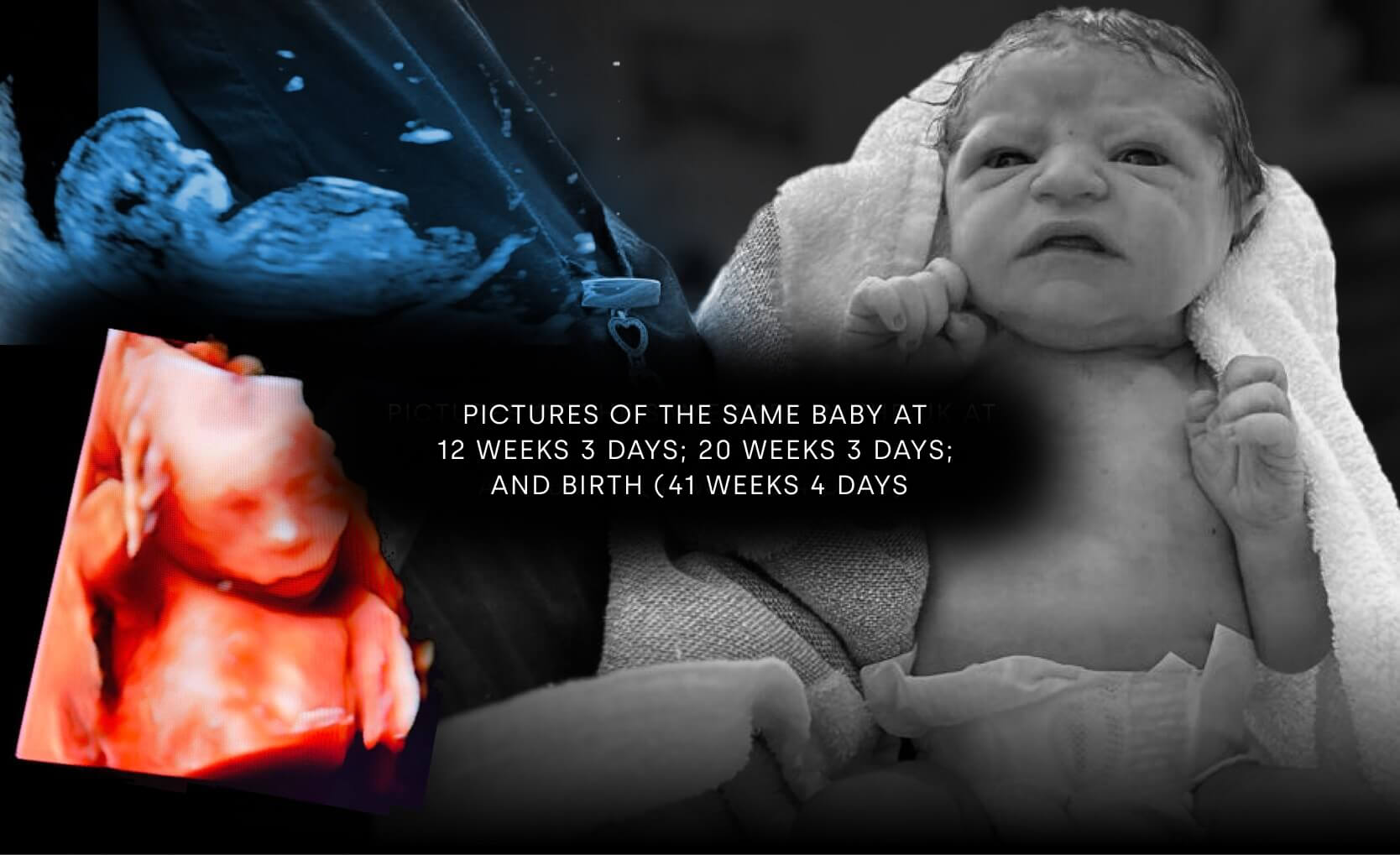
All development milestones are sourced from the NHS pregnancy week-by-week resource. Unless otherwise captioned, images for each milestone are an artist’s render based on 3D models of the unborn child.
Key milestones
By 24 weeks gestation, the current gestational limit for abortion, the baby has already been fully formed for 12 weeks. Please note: The ages referenced below are gestational ages dated from the first day of the mother’s last menstrual period (LMP). The abortion limit of 24 weeks in England and Wales is measured by gestational age.
Week 12
At 12 weeks gestation (the most common abortion time limit among countries in the EU), the NHS outlines that the unborn baby is fully formed. All the organs, muscles, limbs and bones are in place, and the sex organs are well developed. From then on, the baby just “has to grow and mature”.
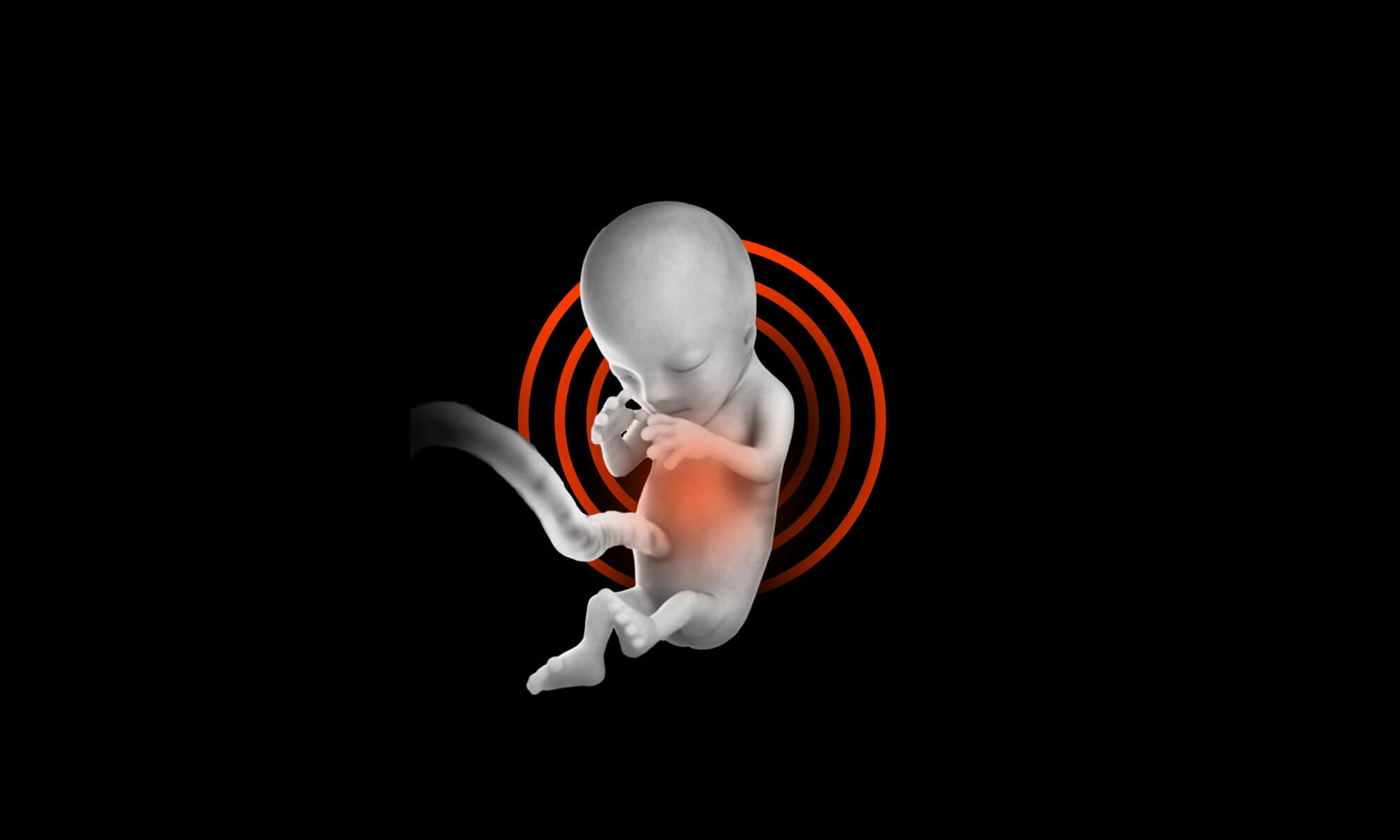
Week 15
At around this time, the unborn baby will start to hear – they may hear muted sounds from the outside world, as well as the sound of their mother’s voice and heart.
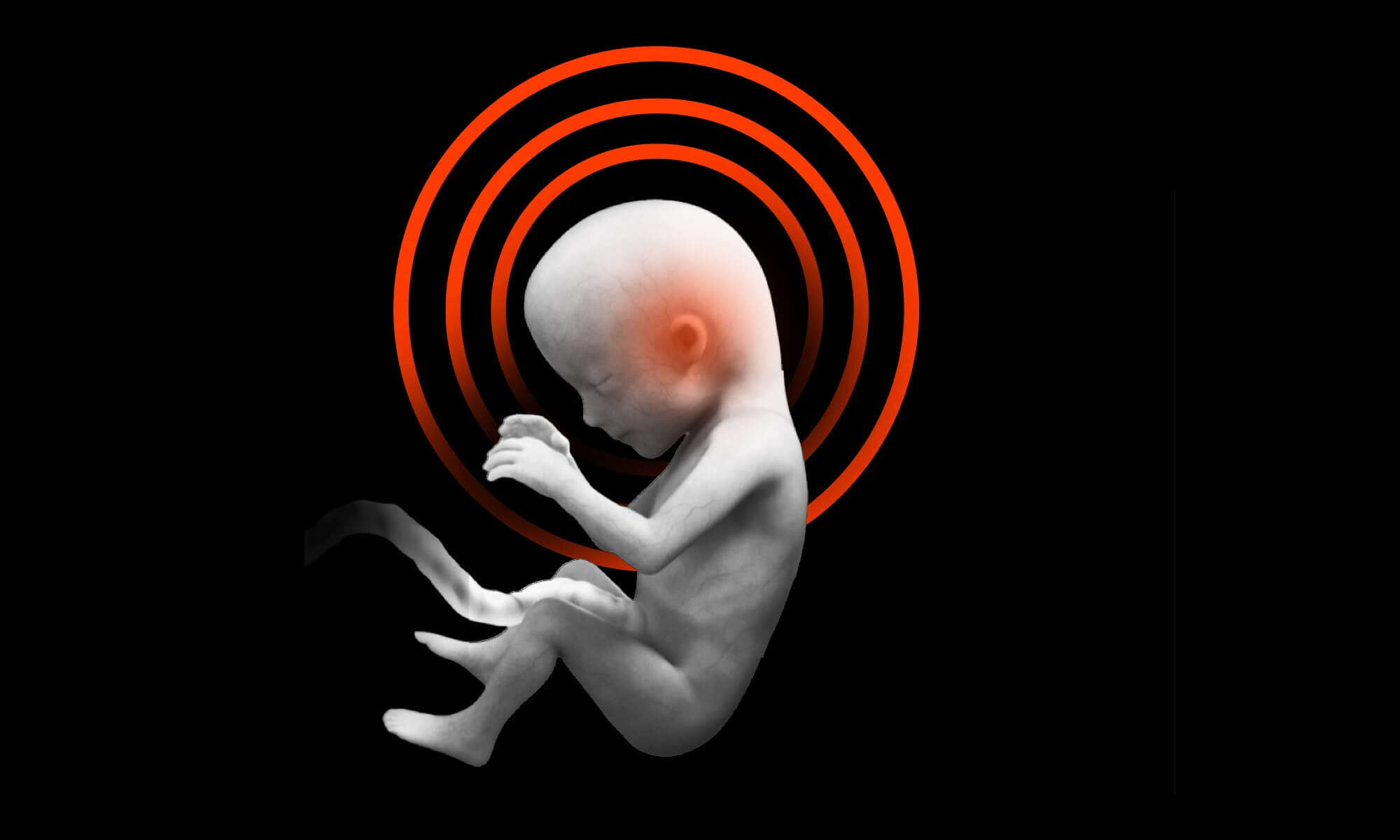
Week 16
The muscles of the unborn baby’s face can now move and the beginnings of facial expressions appear.
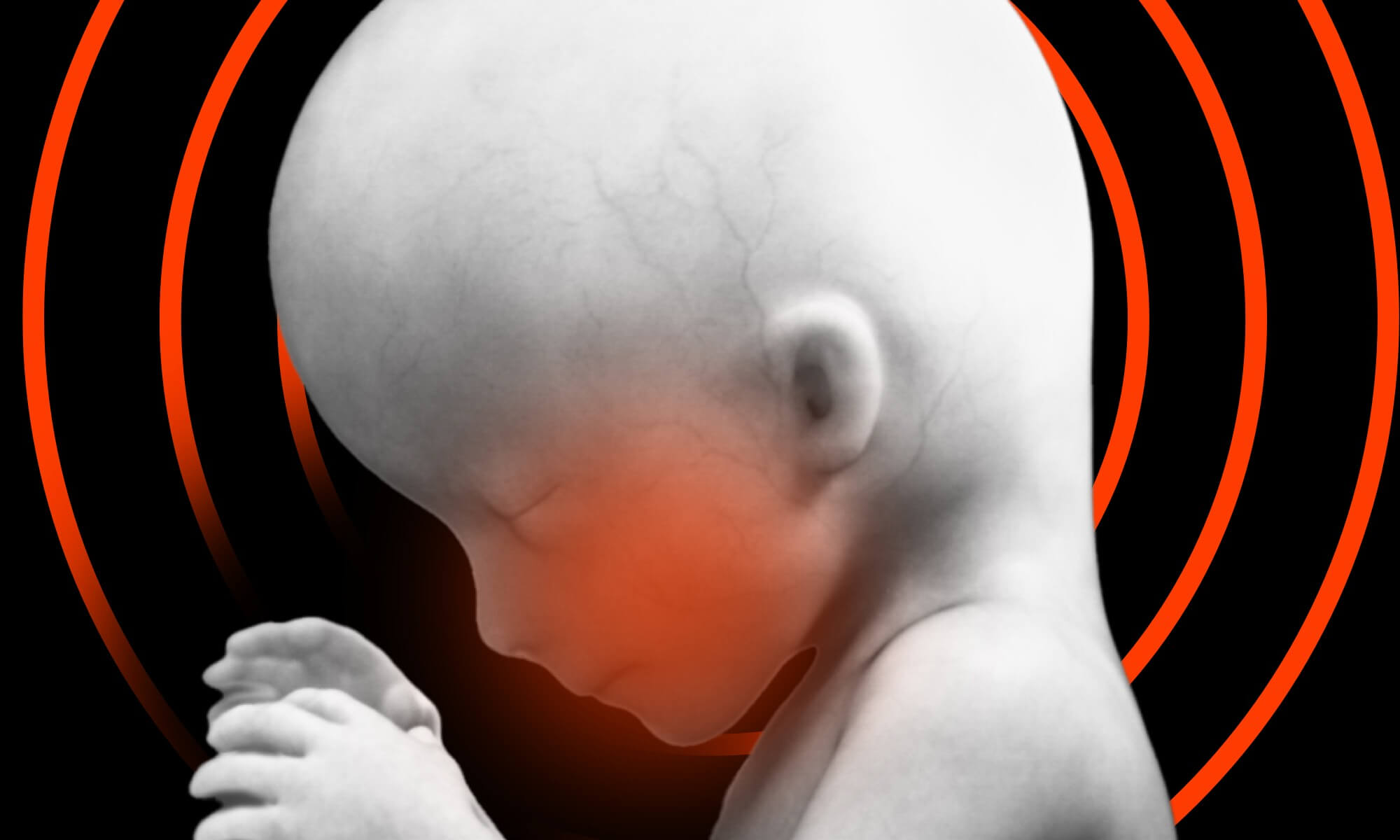

Week 23
The unborn baby’s lungs are practising breathing movements to prepare for life outside the womb.
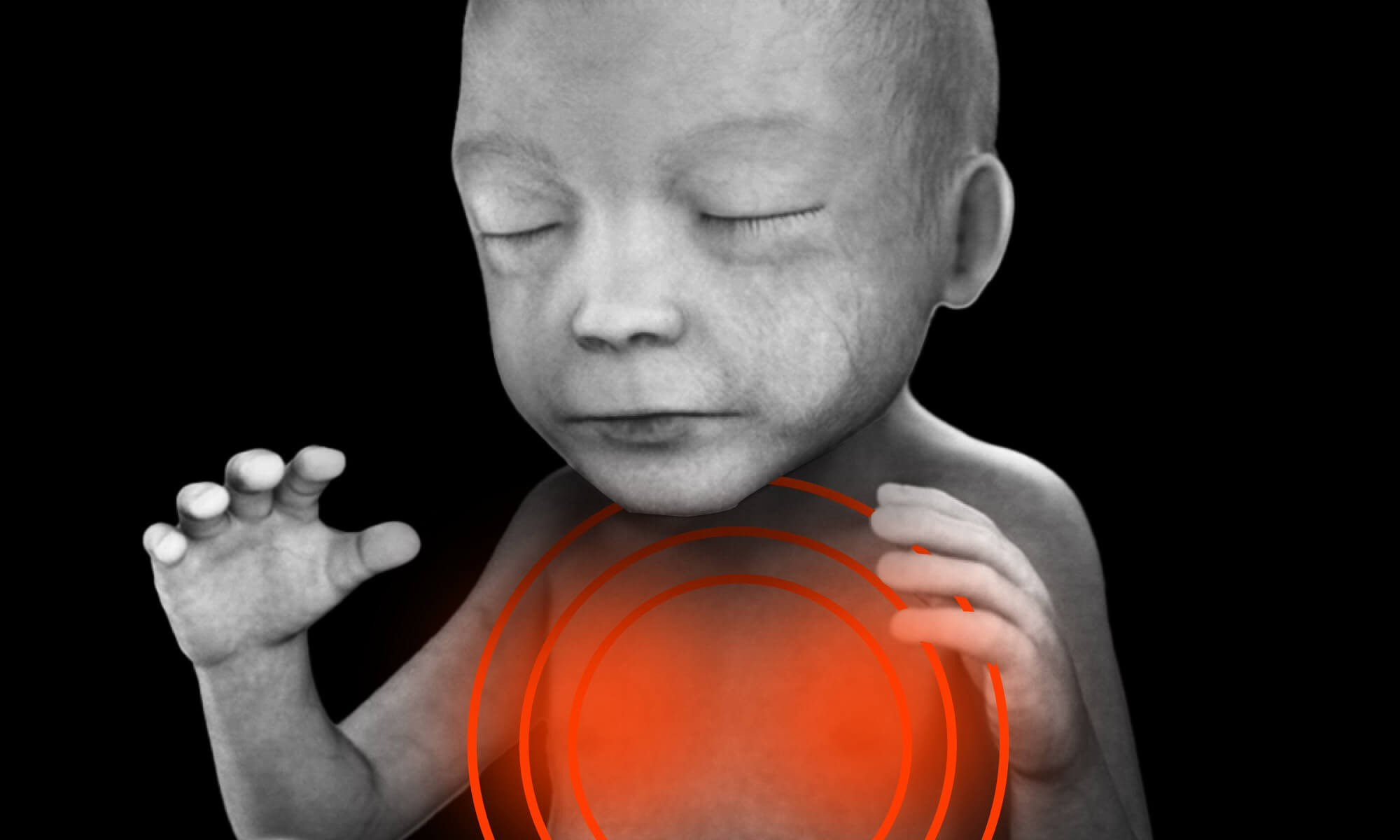
Week 25
The unborn baby is moving about a lot and responds to touch and sound. A very loud noise may make them jump and kick, and their mother will be able to feel this. Sometimes the baby may get hiccups and the mother may feel the jerk of each hiccup.
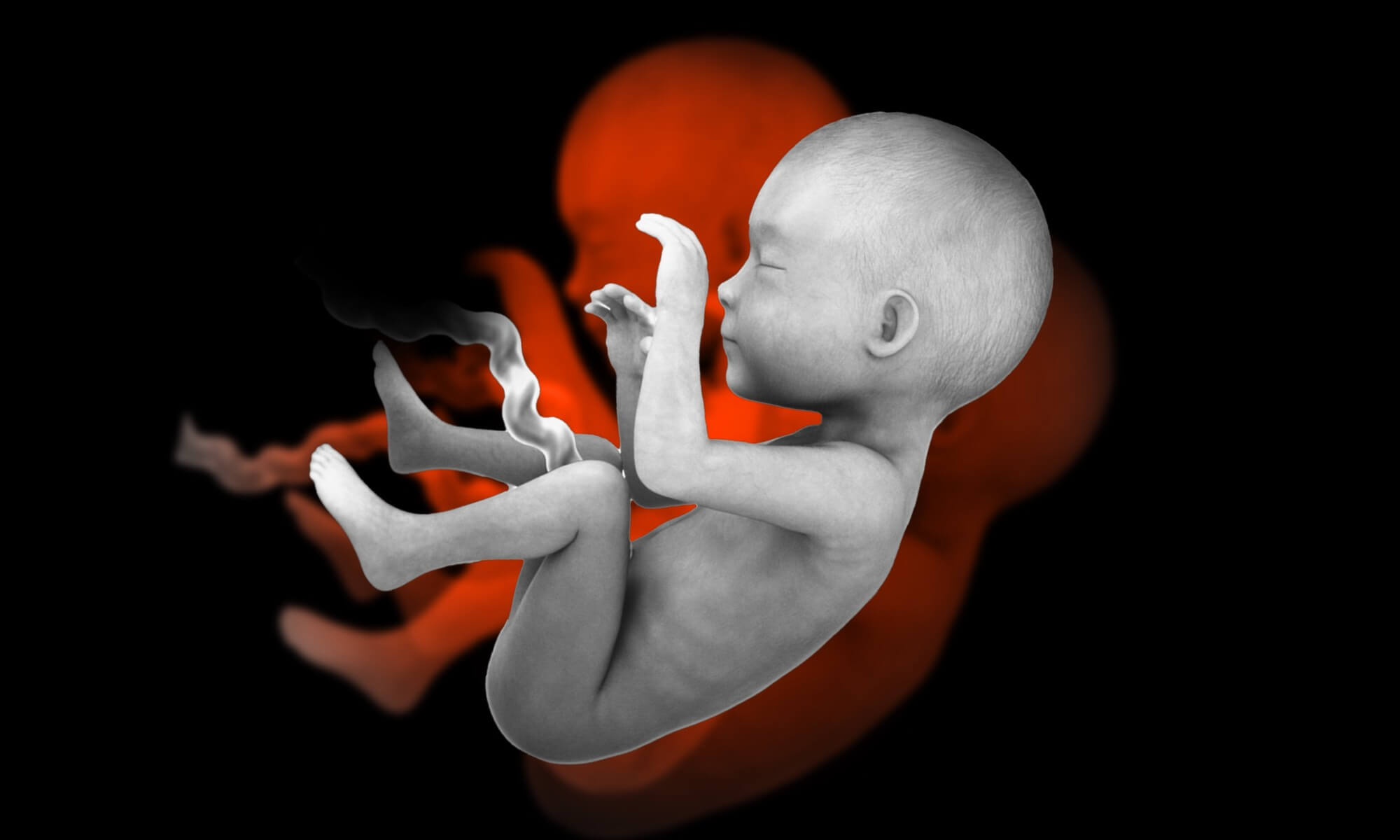
Week 26
The unborn baby’s eyelids open for the first time around now and they will soon start blinking.
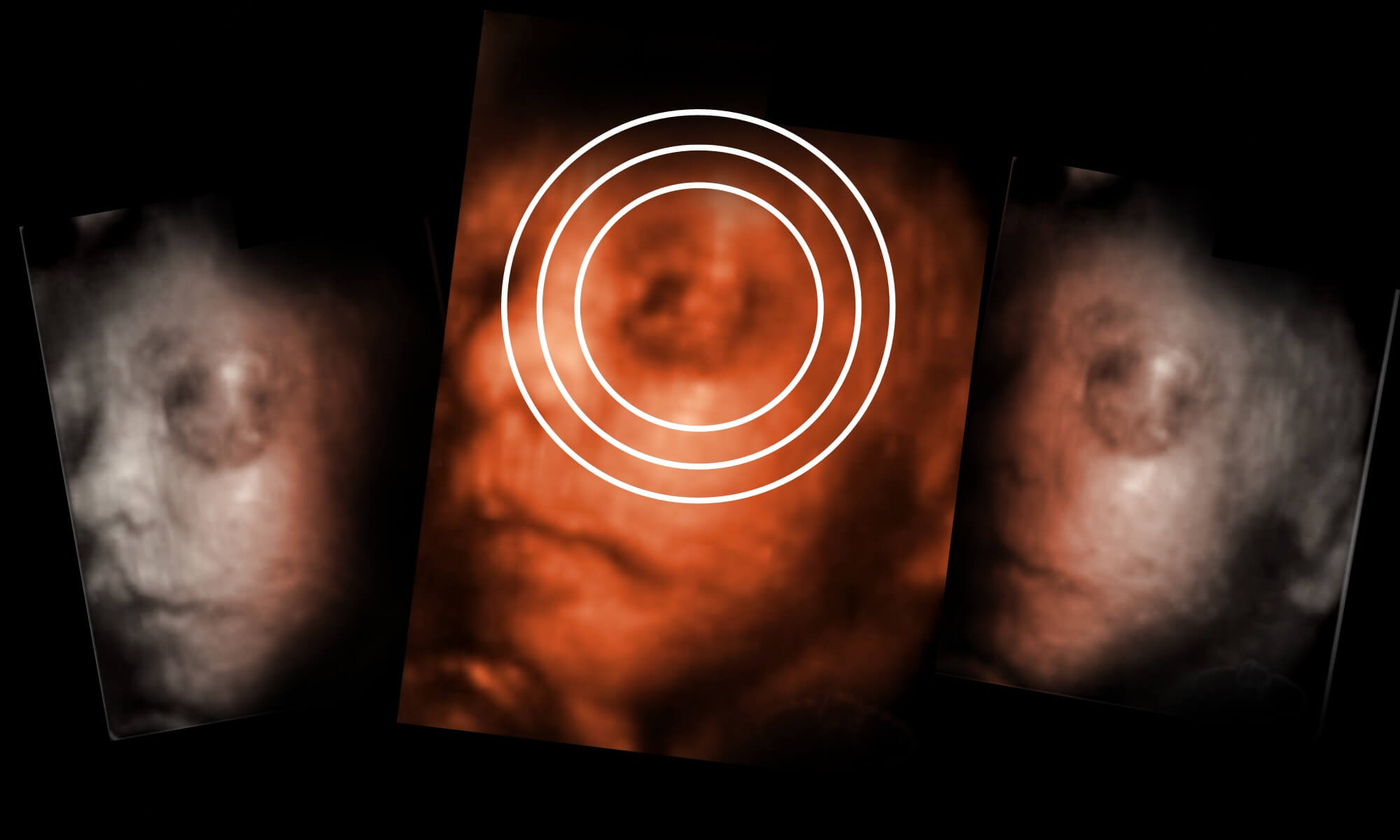
Week 30
The unborn baby’s sucking reflex is developing by now and he or she can suck their thumb or fingers.

Week 32
By about 32 weeks gestation, the unborn baby is usually lying with their head pointing downwards, ready for birth. This is known as cephalic presentation.
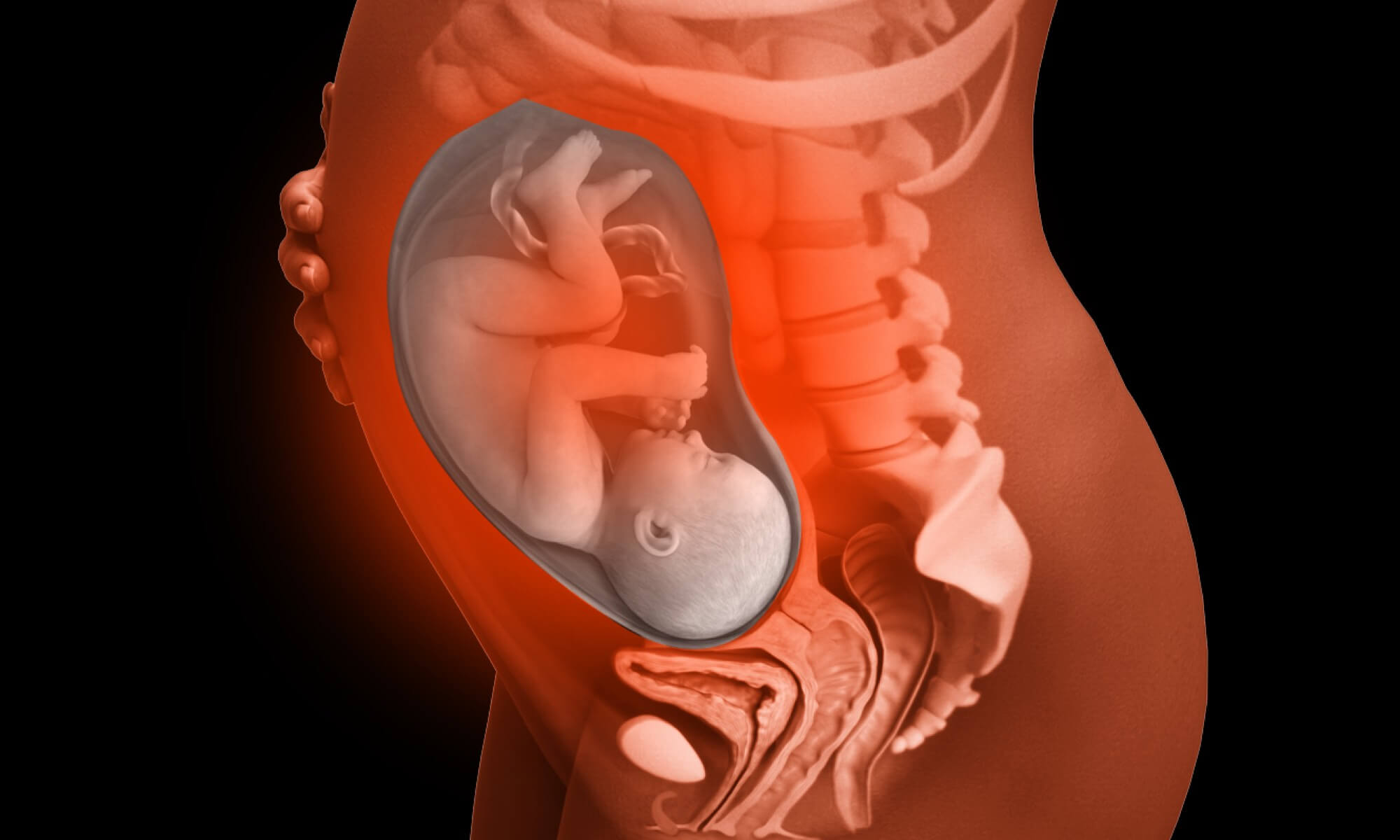
Week 34
The unborn baby’s bones are continuing to harden, apart from the skull bones. These will stay soft and separated until after the birth to make the journey through the birth canal easier. The bones can move gently and slide over each other so the head can be born safely while still protecting the brain.

Week 35
The unborn baby is curled up in the uterus now, with legs bent up towards their chest. There’s little room to move about, but they’ll still change position, so the mother will still feel movements and be able to see them on the surface of her bump.
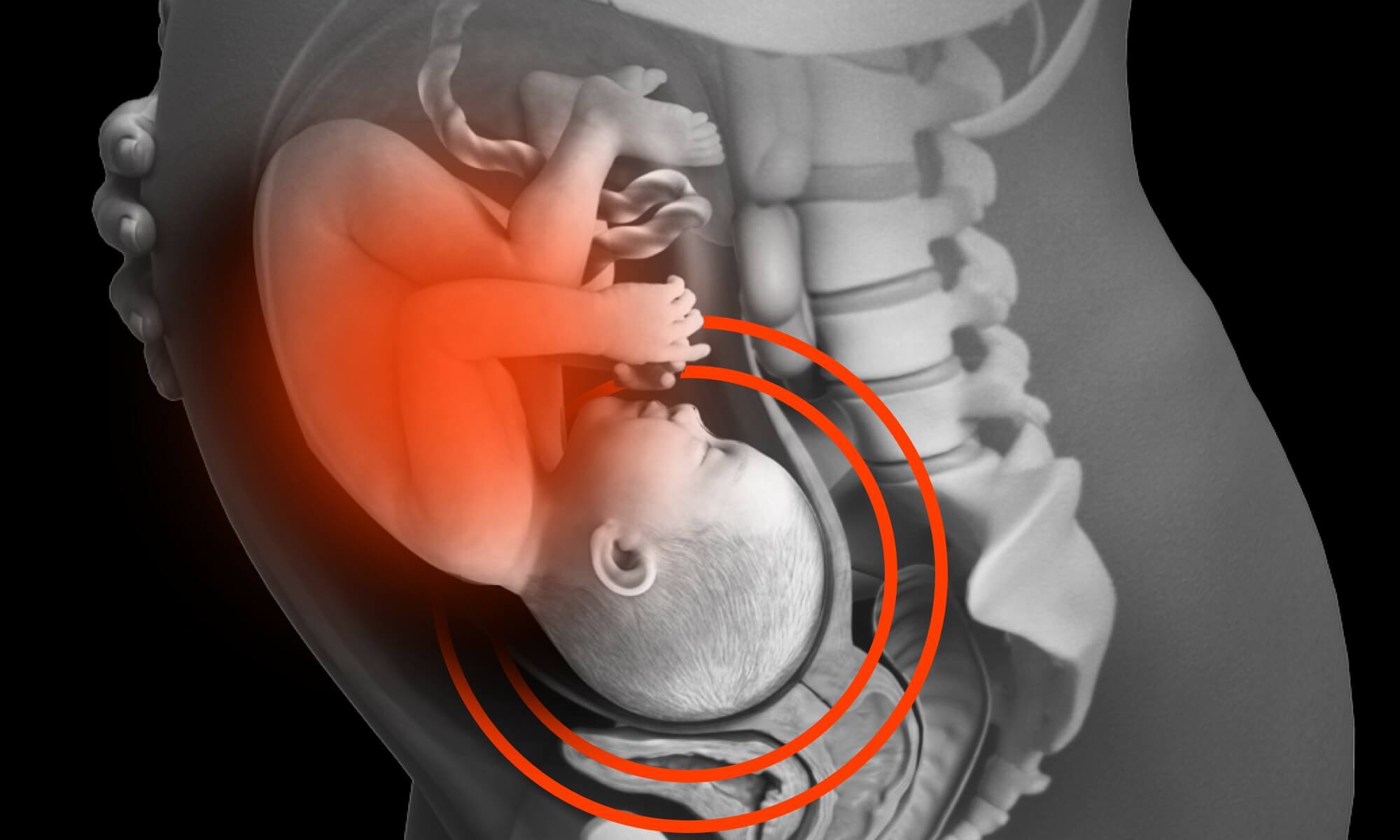
Week 37
At 37 weeks gestation, the pregnancy is considered full-term. The average unborn baby weighs around 3-4kg by now. The unborn baby is ready to be born.

Week 40
The fine hair (lanugo) that covered the unborn baby’s body is now almost all gone, although some babies may have small patches of it when they’re born.

The proposed changes to the law would make it legal to abort healthy babies on purely social grounds, including for sex-selective purposes, at any of the stages above, right up to and during birth.
Reason 6
We already have an extreme abortion law – we don’t need to make it worse
Our abortion law in Scotland is already extreme, with our time limit double that of the most common abortion limit among EU countries.
In most European Union (EU) countries, abortion is only legal on demand or on broad social grounds up to 12 weeks gestation, making legislation in the United Kingdom double the average among EU countries.
When compared to almost every European Union country, it is clear that the United Kingdom is an outlier.
Among the 27 countries that are member states of the European Union, three have a time limit for abortion on demand or on broad social grounds at 10 weeks, one country at 11 weeks, 15 countries at 12 weeks, three countries at 14 weeks and two countries only allow abortion in very limited circumstances.
Countries with 12-week limits for abortion on demand or on broad social grounds include Germany, Italy and Belgium as well as the more “liberal” Nordic country Finland. Even Sweden and Denmark have a time limit for abortion on demand or on broad social grounds that is much lower than the United Kingdom at 18 weeks.
Reason 7
High-profile ‘pro-choice’ commentators say extreme changes to abortion legislation go “too far”
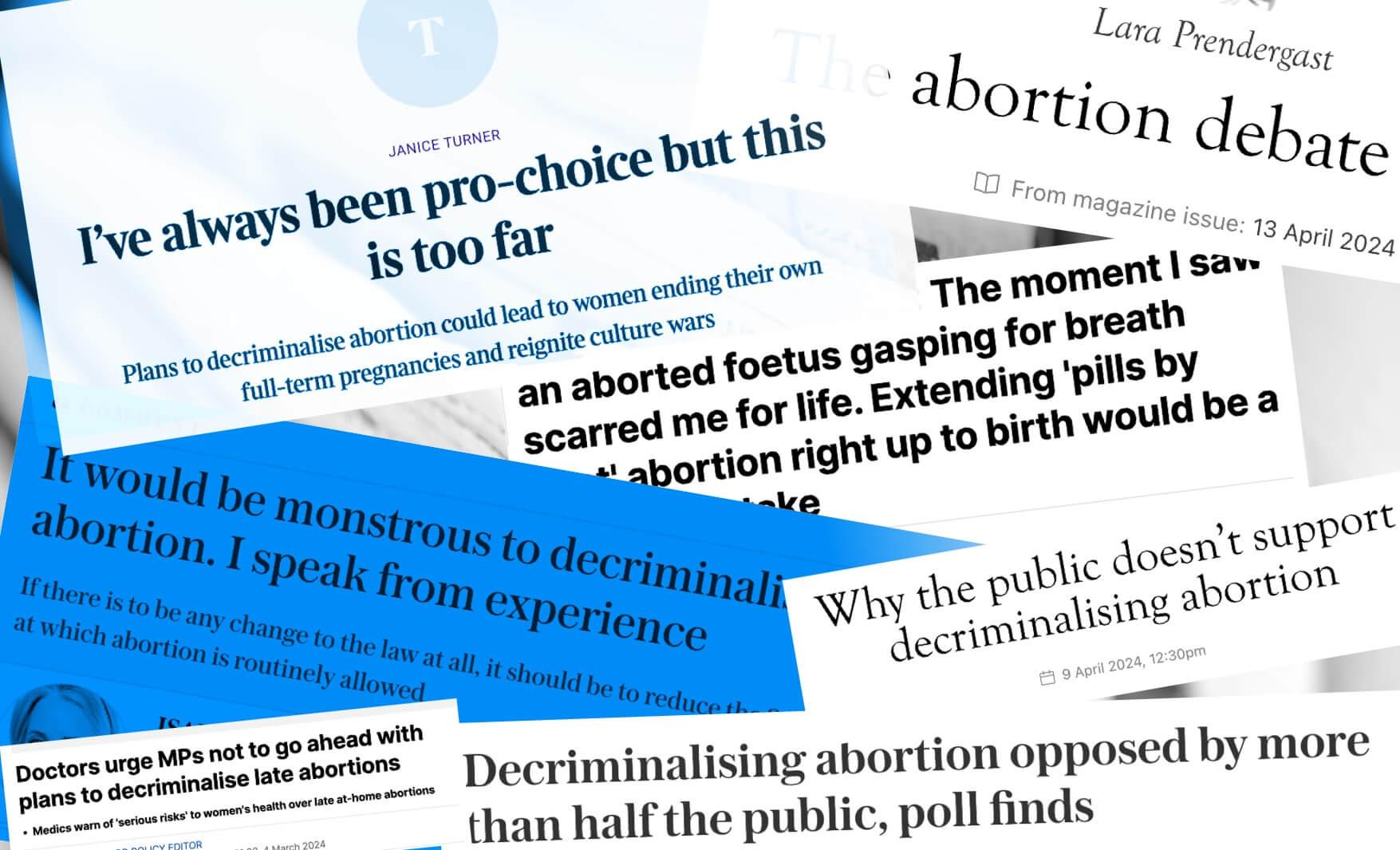
A number of high-profile commentators in the media, some of whom take a pro-choice position on abortion, have come out against making extreme changes to abortion legislation.
This has been accompanied by a large amount of mainstream media coverage covering the many problems with these proposals, and covering other voices who are speaking out against them.
We have included some of this coverage below:
- The Times – Janice Turner – Binning old laws can have huge consequences
- The Telegraph – Allison Pearson – Labour’s decriminalisation of abortion all but completes our slide into the moral abyss
- The Express – Sarah Bool – Abortion danger as UK focus on Assisted Dying ignores law change threat
- Mary Harrington – It’s not too late to turn away from abortion maximalism
- The Telegraph – Miriam Cates – The UK is about to pass Europe’s most extreme abortion law
- The Times – Janice Turner – I’ve always been pro-choice but this is too far
- The Critic – Georgia L. Gilholy – MPs should reject barbarism
- The Telegraph – Isabel Oakeshott – It would be monstrous to decriminalise abortion. I speak from experience
- The Spectator – Melanie McDonagh – Why the public doesn’t support decriminalising abortion
- The Telegraph – Miriam Cates – Labour’s plan to decriminalise abortion is distracting, dishonest and unpopular
- Daily Mail – Nadine Dorries – The moment I saw an aborted foetus gasping for breath scarred me for life. Extending ‘pills by post’ abortion right up to birth would be a terrible mistake
- Conservative Home – Georgia L. Gilholy – Abortion up to birth has no place in Britain
- The Spectator – Lara Prendergast – The abortion debate returns
- First Things – Dr Calum Miller – The U.K.’s Abortion Reckoning
- The Telegraph – Miriam Cates – ‘Sacrificing Criminal Justice Bill is worth it to protect unborn children’
- The Critic – Georgia L Gilholy – ‘Is Britain on course for abortion up to birth?’
- The Spectator – Melanie McDonagh – Why are doctors being threatened for reporting late-term abortions?
- Conservative Home – Stewart Jackson – The Government must take a stand against abortion up to birth
- The Express – Lois McLatchie – ‘Are we really pro-any-choice when it comes to abortion?’
- Conservative Home – Georgia L Gilholy – ‘The Government must whip against extreme abortion amendments to the Criminal Justice Bill’
- The Mail – ‘Doctors urge MPs not to go ahead with plans to decriminalise late abortions’
- The Mail – Rebel Tories threaten to scupper flagship crime Bill if it leads to abortion being decriminalised
- The Telegraph – Decriminalising abortion will fuel late-term DIY procedures, warns Miriam CatesThe Telegraph – Decriminalising abortion opposed by more than half the public, poll finds
Reason 8
There is a better way forward
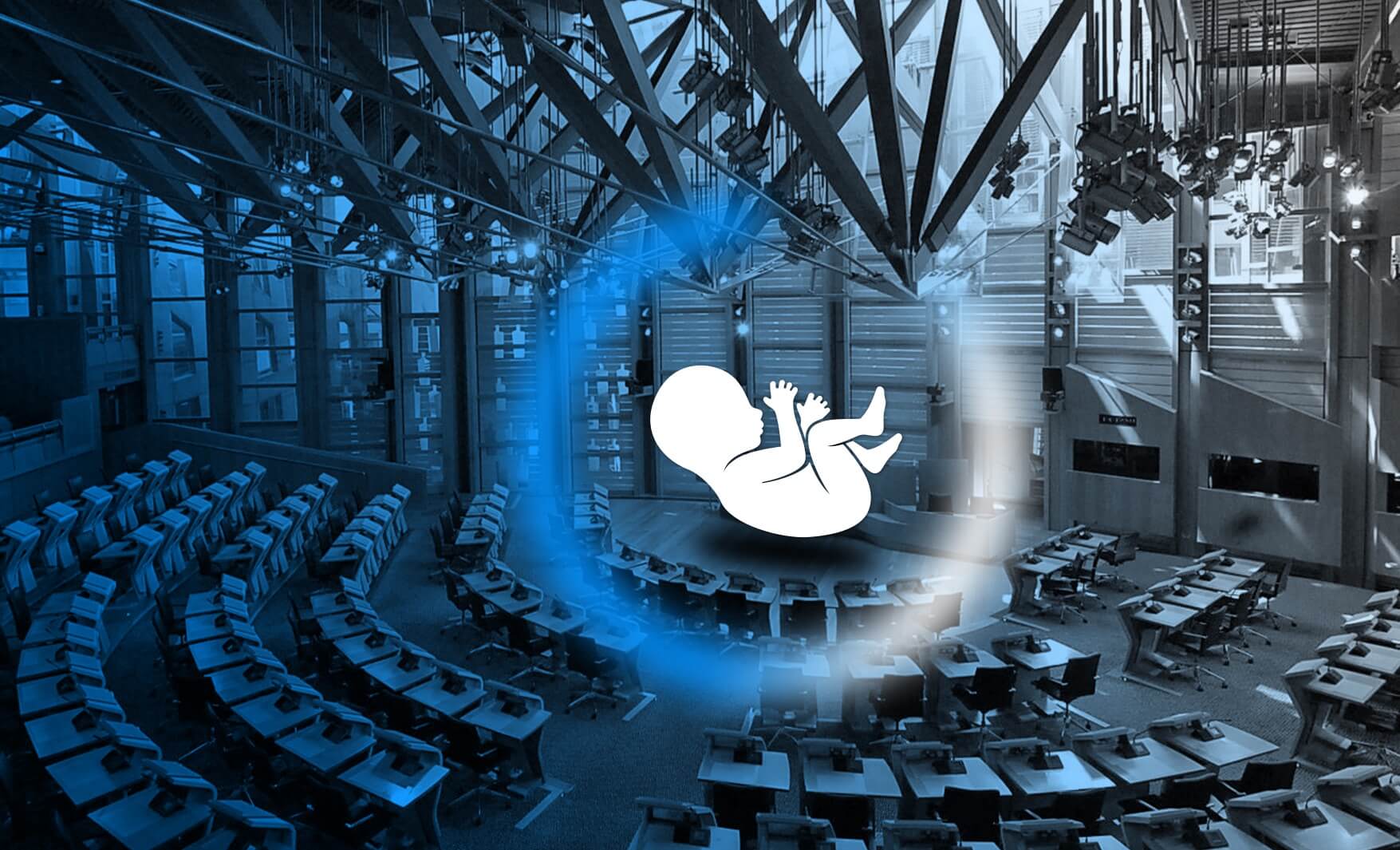
The real cause of the, albeit relatively small, recent number of cases of illegal late-term abortions in England and Wales is the ‘pills by post’ scheme, which was supported by organisations that are now campaigning for abortion up to birth to be made legal in Scotland.
In Scotland, pro-abortion campaigners have admitted that there have been only two convictions on abortion-related offences over the 20 years between 2002 and September 2023 and that there is no data available to confirm whether these convictions were of third parties who had caused a women to have an abortion against her will, as is the case with the majority of people convicted for abortion-related offences in England and Wales, or a women herself being convicted.
This year, the common law crime of abortion was used to prosecute and convict Stephen Doohan, who was jailed for ten and a half years after secretly administering abortion pills to a pregnant woman, which resulted in the loss of her unborn baby. It would likely be harder to prosecute third parties like Stephen Doohan if abortion were fully decriminalised in Scotland.
The change to the law that would be introduced if the Scottish abortion campaign is successful would also remove key legal deterrents against women administering their own abortions late in pregnancy and would likely lead to women self-administering abortion pills to procure late-term abortions, causing serious risks to their health (the return of the ‘backstreet abortion’).
Rather than creating a legal situation that would put women at risk, make it harder to prosecute third parties who cause a women to abort her baby against her will and make our abortion laws even more extreme, the Scottish Parliament ought to protect women by seeking the reinstatement of the requirement that ensures that women have an in-person consultation with a medical professional before taking abortion pills at home.
At this consultation, medical professionals would have the opportunity to accurately assess, in person, any likely health risks for a woman taking abortion pills, her gestational age and the possibility of a coerced abortion.
This would help protect women from the health risks involved with performing a late-term abortion, along with identifying many other health risks that can be accurately assessed with an in-person consultation.
It would also protect babies from having their lives ended in late-term home abortions.
Polling shows widespread public support for the law change, with two-thirds of women supporting the reinstatement of in-person appointments and only 4% in favour of the status quo.
